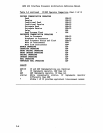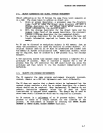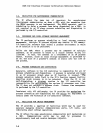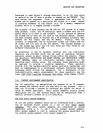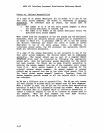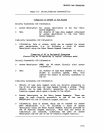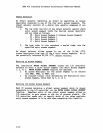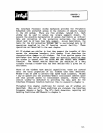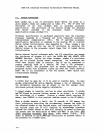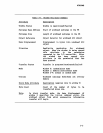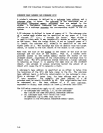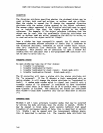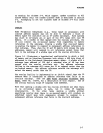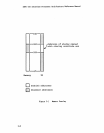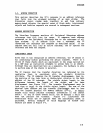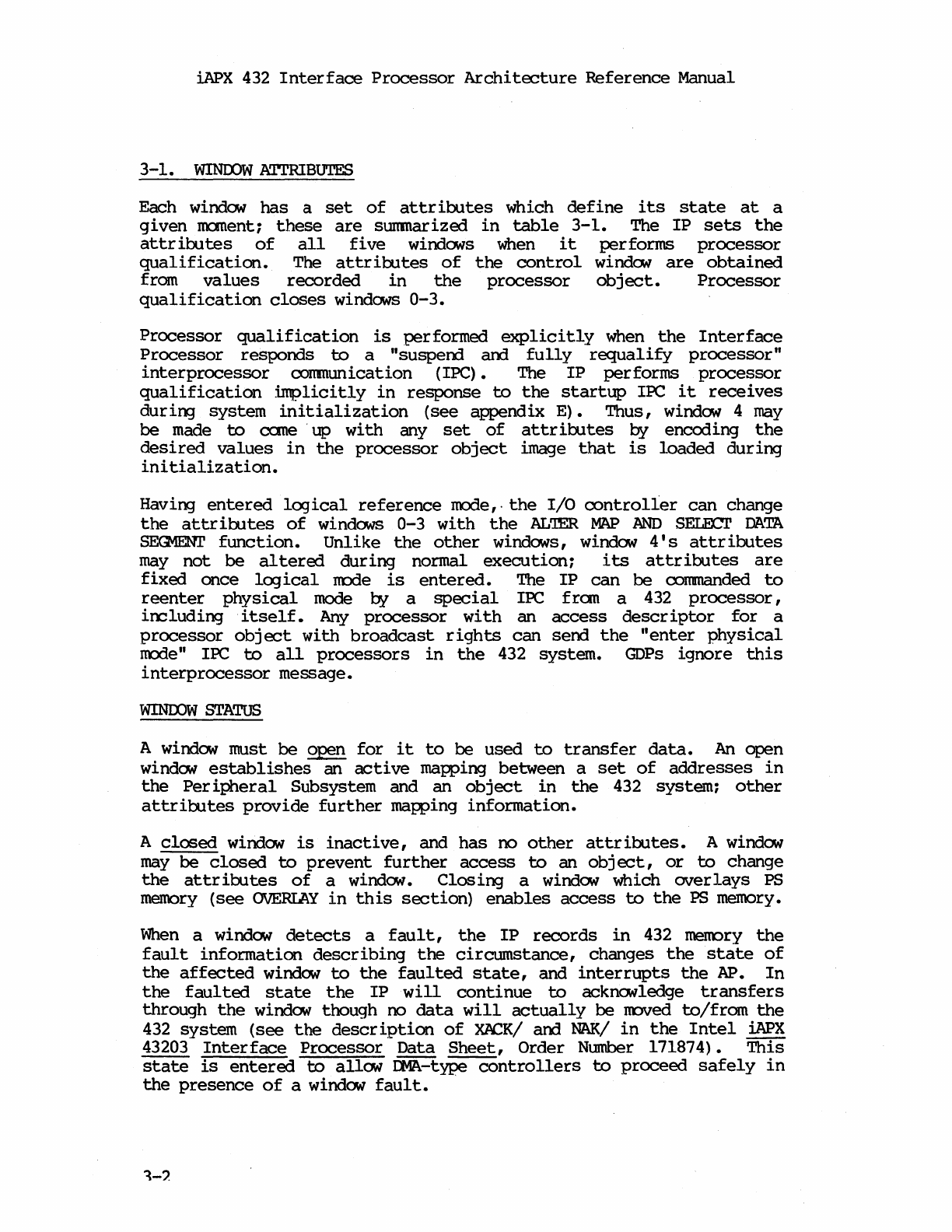
iAPX
432
Interface
Processor
Architecture
Reference
Manual
3-1.
WINJX)W
ATl'RIBUl'ES
Each window
has
a
set
of
attributes
which
define
its
state
at
a
given
rnanent;
these
are
sumnarized
in
table
3-1.
The
IP
sets
the
attributes
of
all
five
windows
when
it
performs
processor
qualification.
The
attributes
of
the
control
windcw
are
obtained
from
values
recorded
in
the
processor
object.
Processor
qualification
closes
windows
0-3.
Processor
qualification
is
performed
explicitly
when
the
Interface
Processor
responds
to
a
"suspem
am
fully
requalify
processor"
interprocessor
communication (IPC). The
IP
performs
processor
qualification
:implicitly
in
response
to
the
startup
IPC
it
receives
during
system
initialization
(see
appendix
E).
Thus,
window 4
may
be
made
to
cane'
up
with
any
set
of
attributes
by
encoding
the
desired
values
in
the
processor
object
image
that
is
loaded
during
initialization.
Having
entered
logical
reference
mode,·
the
I/O
controller
can
change
the
attributes
of
windows
0-3
with
the
AL'lER
MAP
AND
SELECl'
DATA
SEGiENr
function.
Unlike
the
other
windows, window
4'
s
attributes
may
not
be
altered
during
normal
execution;
its
attributes
are
fixed
once
logical
node
is
entered.
The
IP
can
be
conmanded
to
reenter
physical
mode
by
a
special
IPC
fran
a 432
processor,
irx::luding
itself.
Any
processor
with
an
access
descriptor
for
a
processor
object
with
broadcast
rights
can
sem
the
"enter
physical
J'l'k:X1e"
IPC
to
all
processors
in
the
432
system.
GDPs
ignore
this
interprocessor
message.
WINOOW
STATUS
A window must
be
~
for
it
to
be
used
to
transfer
data.
An
open
window
establishes
an
active
mapping between a
set
of
addresses
in
the
Peripheral
Subsystem and
an
object
in
the
432
system;
other
attributes
provide
further
mapping
information.
A
closed
window
is
inacti
ve,
and
has
no
other
attr
ibutes.
A window
may
be
closed
to
prevent
further
access
to
an
obj
ect,
or
to
change
the
attributes
of
a window.
Closing
a window which
overlays
PS
memory
(see
OVERLAY
in
this
section)
enables
access
to
the
PS
memory.
When
a window
detects
a
fault,
the
IP
records
in
432 menory
the
fault
information
describing
the
circumstance,
changes
the
state
of
the
affected
window
to
the
faulted
state,
and
interrupts
the
AP.
In
the
faulted
state
the
IPwill
continue
to
acknowledge
transfers
through
the
window though no
data
will
actually
be
nnved
to/from
the
432
system
(see
the
description
of
XACK/
am
NAK/
in
the
Intel
iAPX
43203
Interface
Processor
Data
Sheet,
Order
Number
171874).
This
state
is
entered
to
allow
DMA-type
controllers
to
proceed
safely
in
the
presence
of
a window
fault.
.
1-'



